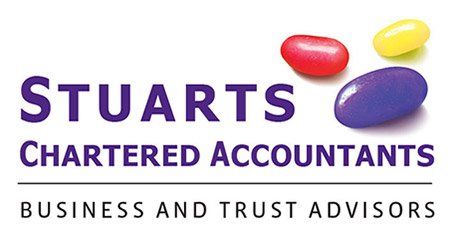Employers’ 7 common mistakes in the disciplinary process…
Disciplinary processes are difficult and stressful for all concerned. From my experience the 7 common mistakes employers make are:
1. Failure to tell the employee what the allegations are. Tell the employee what the allegations are and provide copies of statements from witnesses and relevant material. Also advise at the start of possible outcomes of the investigation if the allegations are proved to be correct.
2. Failure to give the employee a chance to respond to the allegations. Provide a reasonable opportunity for the employee to respond. Give them a fair amount of time to prepare. Also, before making a decision on suspension the employee should be informed that is being considered and invited to provide their views on the proposed suspension. If the allegations are proven give the employee an opportunity to comment on any proposed outcome.
3. Failure to allow for a support person or representative. The support person must be allowed to speak for and represent the employee.
4. Failure to carry out a fair investigation. It is the responsibility of the employer to establish what (if anything) has occurred. Keep an open mind and do not predetermine the outcome. Interview all relevant witnesses.
5. Failing to come to fact-based conclusions. What evidence is there to find the facts?
6. Getting the seriousness wrong. If the allegations are correct, how serious is the event? Finding serious misconduct, when it is not serious enough, happens too often.
Misconduct should be dealt with at the appropriate level. What should the proposed outcome be? Should it be a warning or dismissal?
7. Failing to act consistently. How have others been dealt with (in the past or in this same event)? Outcomes do not have to be the same, but you need to be able to justify why you acted differently.
The disciplinary process must be carried out correctly. Failure to do so risks businesses facing costs and disruption that would otherwise have been avoidable, and employees being subjected to processes that are unfair and do not give them a reasonable opportunity to answer the allegations.
Source: Rainey Collins Employment Issues 5.2.25


